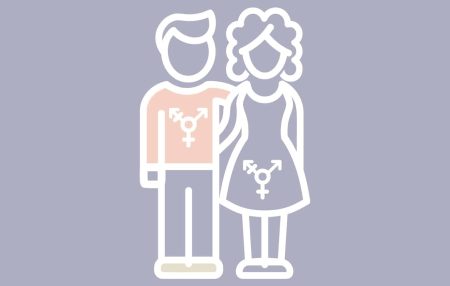29 May 2012
The unregulated Indian surrogacy market could be worth as much as £1.5 billion a year and growing, according to Indian authorities. It is believed there are up to 1,000 Indian clinics offering surrogacy and fertility treatment services to international intended parents through a combination of IVF, egg donation and surrogacy.
Demand for surrogacy in India continues to rise, with increasing numbers of British people travelling to India to have a much wanted baby in light of the legal restrictions and perceived uncertainty associated with the process in the UK. British intended parents willing to travel to India for surrogacy come from all walks of life and include both heterosexual and same-sex couples. Many have turned to surrogacy having become concerned about the difficult and complex procedure to adopt and foster in the UK.
The Indian government has carried out a study looking at ways to introduce legislation to regulate surrogacy in India. Proposals have been drawn up to introduce safety standards, prohibit sex selection, prevent women able to carry their own pregnancy from undertaking surrogacy and establish a register of clinics with a regulatory body to supervise and enforce standards. The proposals would also require intended parents to be able to confer their own citizenship upon their surrogate born baby automatically at birth in an attempt to prevent further cases of babies being born stateless and parentless due to an international conflict of law. However, legislation remains in draft and it could take many years before it becomes law.
For those experiencing infertility or same-sex couples, surrogacy can deliver hope and a much wanted child. However, international surrogacy is fraught with complex legal issues and potential pitfalls. There is a public policy ban against commercial surrogacy in the UK and egg donors can only be paid £750 for expenses and this causes an international conflict of law when British intended parents enter into a commercial surrogacy arrangement and conceive with the help of a commercial egg donor in India. Law in the UK does not automatically recognise an Indian birth certificate naming intended parents as their surrogate born baby’s parents and they currently need to undertake a complex parental order application in the English court to secure parental rights in the UK. Intended parents must also have a viable immigration action plan to ensure they can obtain the right travel papers and clearance to get their baby home safely to the UK after the birth. In the absence of this, they risk their baby being left marooned abroad and facing a difficult and complex legal battle with the British Home Office.




